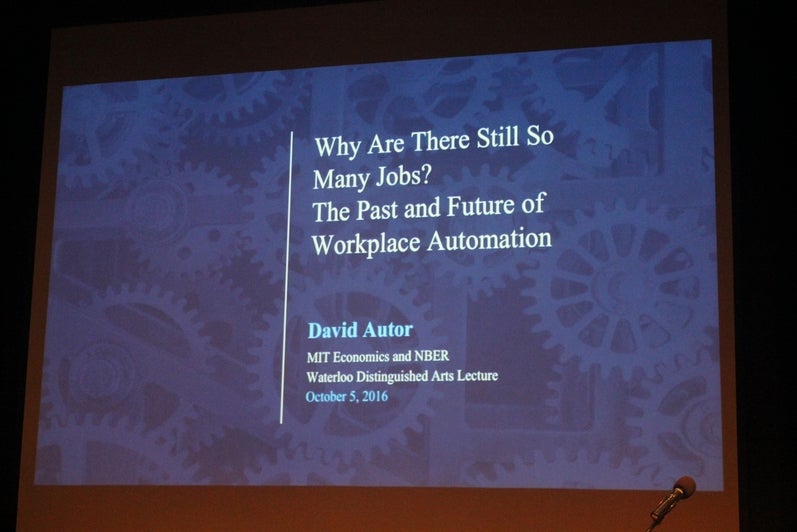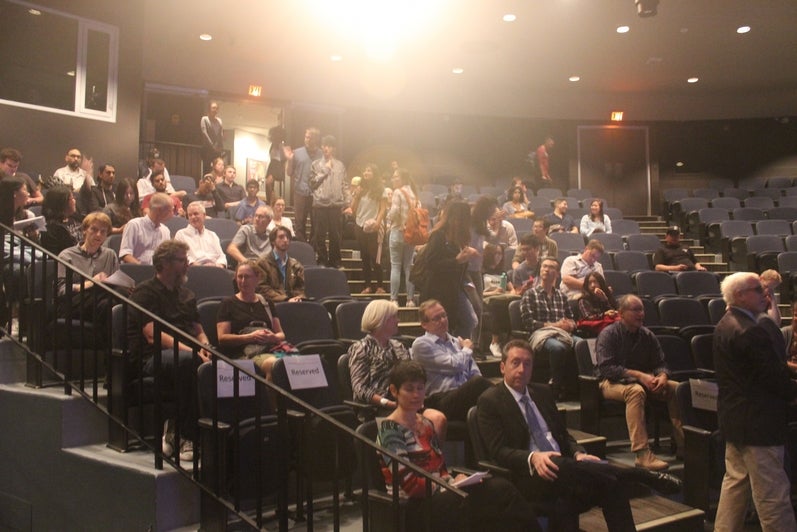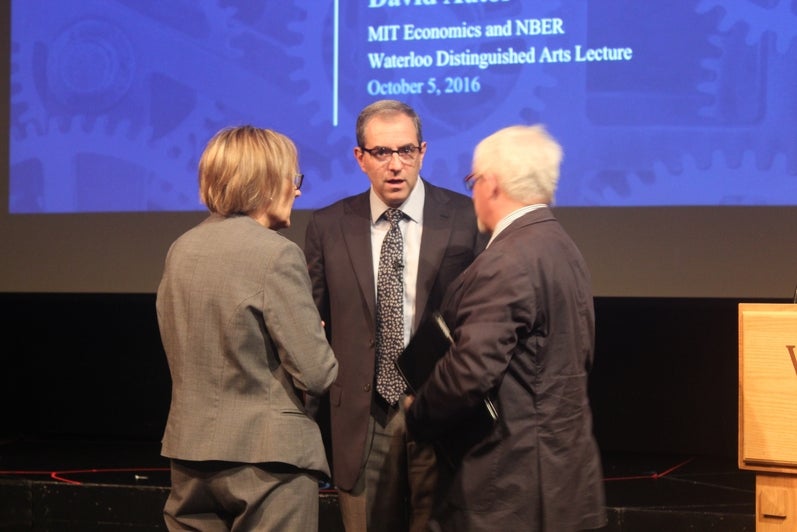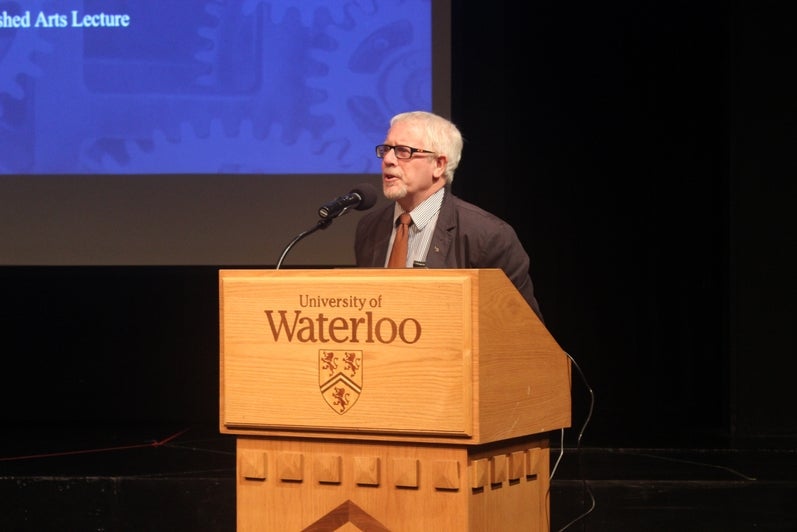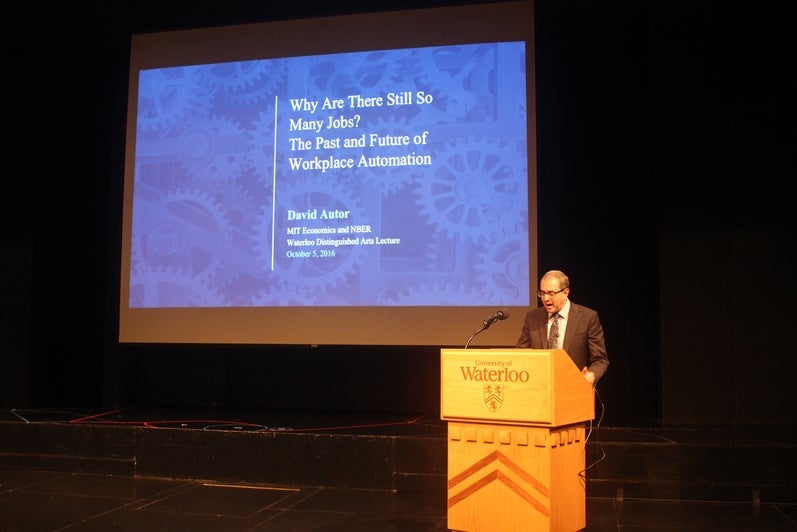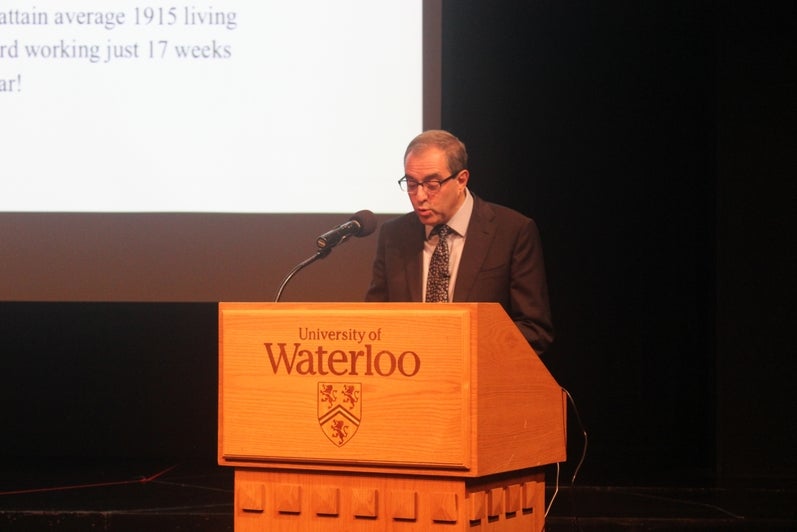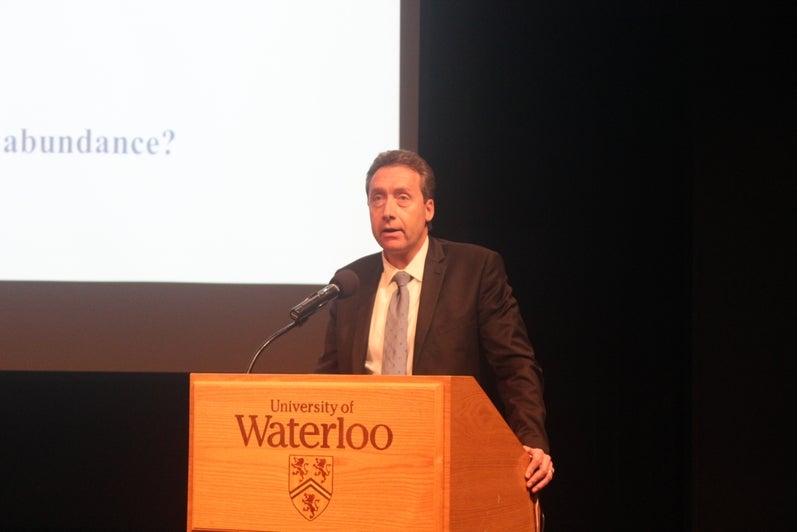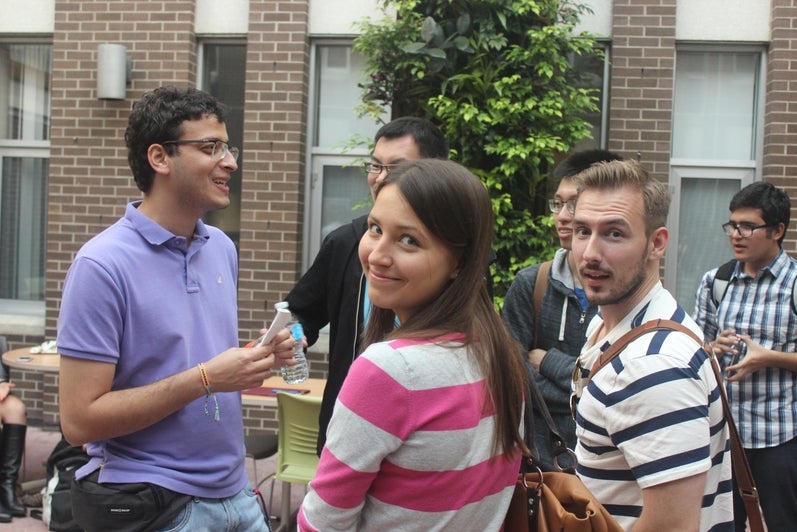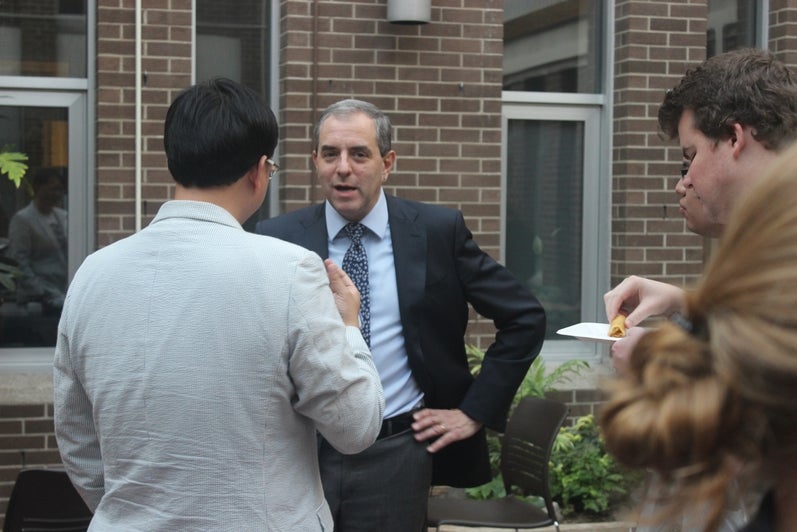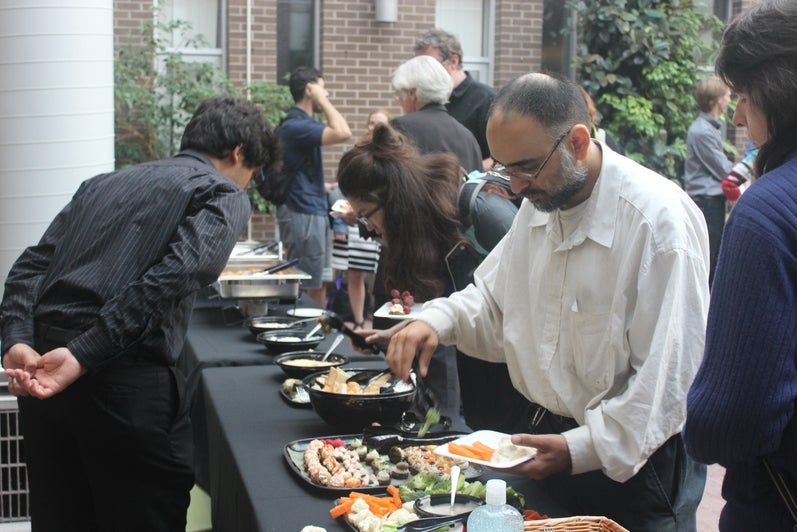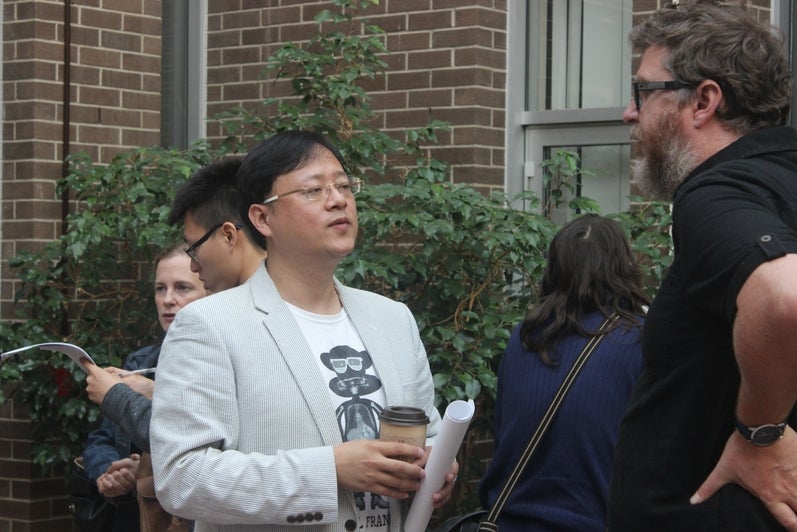
Why are there still so many jobs? The History and Future of Workplace Automation
By David Autor, Ford Professor of Economics at MIT
Many of the great technological advances of the past two centuries have been designed to reduce human work: to substitute mechanical power for human musculature (as in the case of tractors), to replace inconsistent human handiwork with machine perfection (as in the case of assembly lines), and to eliminate slow and error-prone human calculation with digital precision (as in the case of calculators and computers). These inventions have worked. We no longer dig ditches with shovels, pound tools out of wrought iron, or keep books using actual books.
Despite these vast labour-saving technological advances, the fraction of the adult population that is working at a job is higher now than it was 125 years ago, and it has risen in almost every decade since at least 1890. Why hasn’t automation wiped out employment? Why are there still so many jobs? Professor David Autor will attempt to answer this question and he will speculate on what this foretells about the future of work and the likelihood --- or unlikelihood --- of human obsolescence.
About the distinguished lecturer

Professor Autor is one of the world's most influential labour economists. He has made significant contributions to our understanding of the recent increases in income inequality. His research has been key in identifying the links between automation, the disappearance of routine jobs and the increasing wage premium associated with university education.
David Autor is the Ford Professor of Economics and Associate Head at the MIT Department of Economics. He is Co-director of the MIT School Effectiveness and Inequality Initiative, Research Associate of the National Bureau of Economic Research, Associate Director of the NBER Disability Research Center, and former editor of the Journal of Economic Perspectives. He is a member of the executive committees of the American Economic Association and the Society of Labor Economists, and a fellow of the Econometrics Society and the American Academy of Arts and Sciences. He has received the NSF Career award and the Sherwin Rosen Prize for outstanding contributions in the field of Labour Economics.
